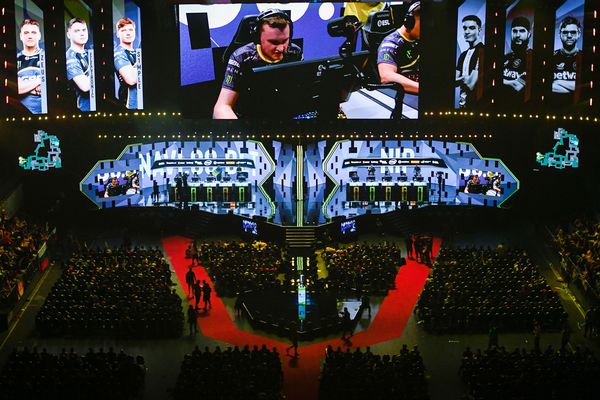Last August, police in Australia arrested six professional CS:GO players on grounds of throwing matches due to illegal betting. Back in March, Rogue Warriors released their jungler on grounds of match fixing. Earlier this month, two Rocket League players were banned from all game tournaments for a year due to throwing a match. All of these highlight a darker side to esports that we don’t often see.
Watching out for illicit activity
Now that most traditional sports are on hold due to the Coronavirus, esports has become more popular than ever to watch. The average number of viewers on Twitch has more than doubled in April from a year ago. Fans use Twitch and other streaming services like YouTube and Mixer to watch pro gamers clash in a variety of gaming titles, including Call of Duty, CS:GO, League of Legends, and Dota 2.
Even more money is pouring into the industry, so the temptation for players to break the rules likewise grows. Corruption occurs everywhere. Gamers are caught cheating, illegal betting syndicates try to fix matches, and others engage in doping to improve performance. Due to much of esports being in the virtual world, it’s much harder to spot, stop, and prevent.
Australia’s CS:GO incident took more than six months of active monitoring by the police. During this period, they determined that the team had deliberately lost at least five tournament matches. The reason for this? Illegally betting on their own defeats. If convicted, these men could face up to 10 years in prison.
“It won’t be possible to fully eliminate illegal betting and match-fixing,” said Stephen Hanna, Australia-based director at the Esports Integrity Commission (ESIC). This group was set up by the industry to fight corruption in its midst. “It’s about limiting its position in the market to the greatest extent possible.”
Betting in esports
Esports developed from an incredibly narrow community of enthusiasts that engaged in LAN battles from their basements. Now it is a global business. Major sponsors like Coca Cola, Louis Vuitton, and BMW have piled in as sponsors. Their reason for this is the young audiences esports attracts, an audience that has fallen away from traditional media. The youthful appeal of esports is a huge attracting factor for big brand sponsors.
Tournaments such as The International and the Fortnite World Cup are streamed live from enormous arenas. As for the winners of these events, they can expect to make millions. However, most of the money made in esports comes from betting. Esports wagers are expected to surpass $14 billion this year, up from $5.5 billion in 2016. Considering the absence of traditional sports for betting, many are turning to esports as a new way to make some money.
Betting firms include organizations like Betway, Hillside Sports ENC, and Tipico, all of which are already active in esports. After all, esports is one of the few things that is still open for betting. Dozens of competitions streamed live may now be bet upon, with players competing remotely.
The temptation to cheat
As is the case with traditional sports, there exist a variety of ways to game the system. Players have been bribed or pressured by illegal betting syndicates to lose matches on purpose. Nikhil “Forsaken” Kumawat, an Indian player, used software to cheat and improve his chances at winning. Lee “Life” Seung-hun, one of the best gamers in South Korea, was banned for life in 2016 and sent to prison for 18 months after convicted of throwing two professional matches.
These are just a few instances of local governments trying to stamp out illegal activity in esports. Last year, Sweden introduced a regulation to fine betting firms that offer odds on matches where the majority of players are younger than 18. This was done to not only protect the integrity of the sport, but also reduce the incentive to fix matches. Similar measures exist in Spain and the U.S. Many successful competitive gamers are teenagers. For example, last year’s Fortnite World Cup winner, Kyle “Bugha” Giersdorf, was only 16 years old.
Combating corruption
ESIC’s Hanna thinks more needs to be done to fight this corruption. But the industry is taking the right attitude. ESIC teamed up with betting firms and authorities to provide the data that Australian police needed to arrest those six CS:GO players back in August. As an organization, ESIC continues to educate players about cheating and illegal betting. They’ve even gone so far as to set up drug testing at major tournaments to detect doping. This includes monitoring against drugs or substances that cut down reaction time and improve concentration, such as Adderall. That is one drug that has sees entirely too much use throughout esports.
There will always be corruption in any type of sporting. Esports is still young in its existence, and cannot afford to fall victim to scandal. So responsible entities try to take things into their own hands to monitor and prevent illicit activity. After all, we just want to enjoy the game we’re watching. Fans of esports don’t need more drama in their life or the things they love to watch.





Loading…